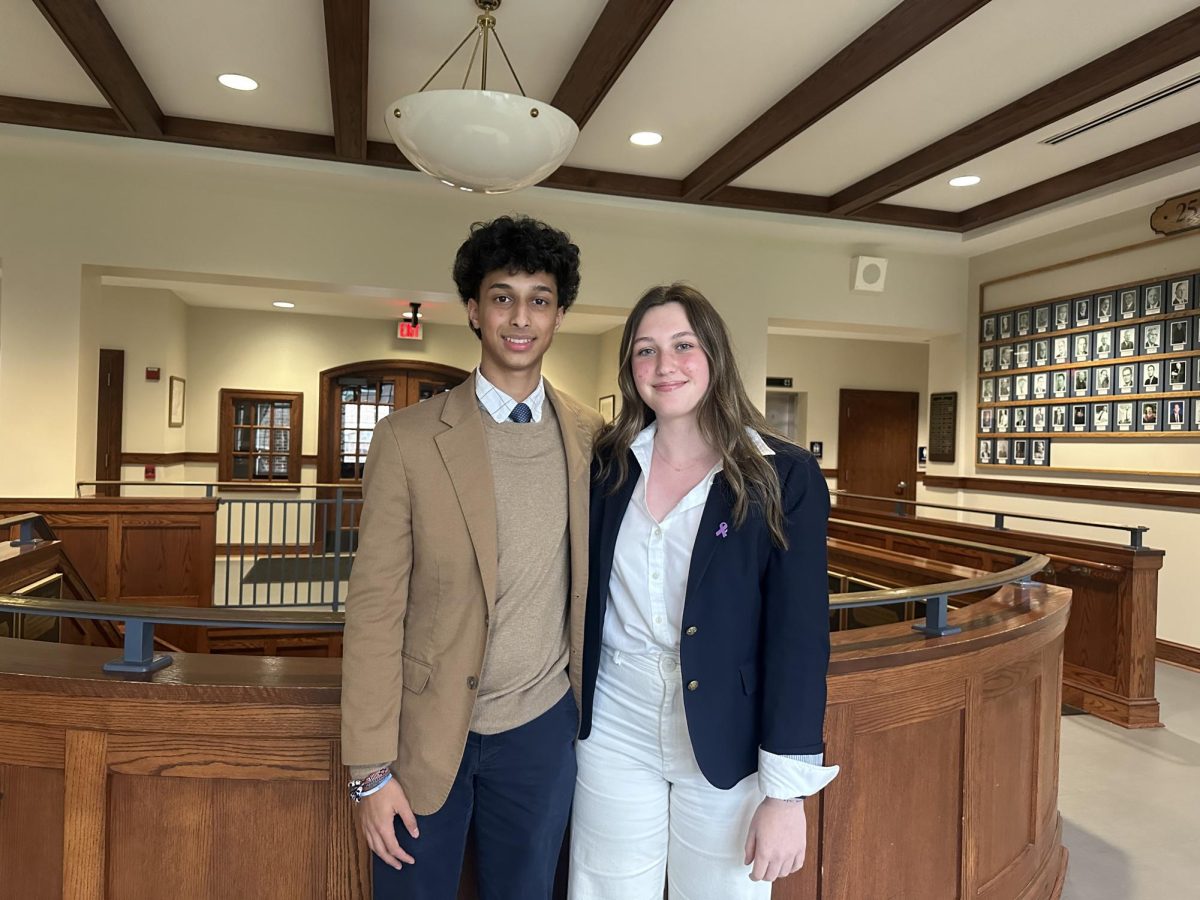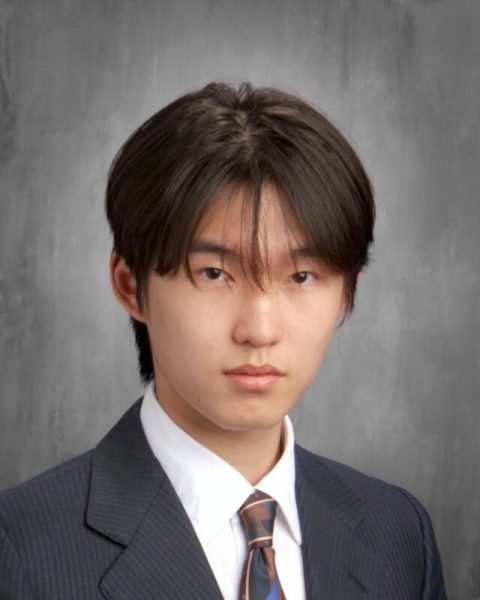Scrolling, refreshing, double-tapping—these are some of the most common gestures of modern life. At Hill, like almost everywhere else, social media has become part of the daily rhythm. For students, it can sometimes feel difficult to step off due to peer pressure.
Shreyas Korithiwada ’26 admitted simply: “Instagram Reels are kind of addictive.” After daily use, Korithiwada found what began as a quick scroll often stretched far longer than planned.
Addie Beckey ’26 remembered losing time before using screen limits: “hours on TikTok and Instagram and it would really eat into my time studying,” Beckey said. She finds these especially hard to control when she has less important schoolwork to do, when she often found herself “staying up at 1 a.m. or 2 a.m. on my phone.”
For Louis Brandy ’27, the experience has been double-edged. “Instagram and TikTok have inspired to do a lot of things whether its the gym, eating better, finding new hobbies, or new local places to eat at.” But with comparison, such as “seeing guys much bigger,” or “guys who own businesses,” Brandy found that “Comparison is the thief of joy.” He shared, “if you can move past off the negativity, social media is an awesome outlet.”
From Athey Family Master Teacher Kevin Tkachuk’s perspective, he notes a generational divide. When it comes to social media, Tkachuk commented, “there was no ‘before’ for your generation.” He called stepping back “a stark choice” for today’s students, since so much interaction happens online.
Tkachuk also recognized the possibility of feeling left out for students who choose to step back, “maybe socially there’d be negative aspects where you genuinely would miss out on things, because so much of what you guys talk about, so much of your pop culture is based around these things,” Tkachuk said.
For parents like Tkachuk, this is an especially difficult topic. Tkachuk shared about his own family’s situation that “we actually try and educate her about the potential dangers of spending too much time on the device and like not believing everything she sees in the television program.”
School Clinician Kelsey Engman at the Counseling Office sees the negative effects of social media daily. “You get it young,” Engman stated, “and before you’re thinking about ‘how is this affecting your brain?’ you’re already hooked.” She explained how your attention span is trained “shorter and shorter as you watch these reels that are not very long.”
In response, Engman has encouraged students to “try a week without social media.” The challenge, she said, is that one can feel “left out, because everybody else has it.”
Her advice was to be mindful of how you feel: “if you don’t feel good, then you have to ask why,” Engman said. She suggested students to take a step forward and try. “Can you be courageous and do something not all your friends are doing?” Engman asked.
Engman admitted that “that is not easy to do,” but asked, “can you be okay with feeling a little left out when you probably are going to have better relationships anyway?”
If you feel troubled by social media’s effects on you, Engman encourages students to “come in and talk about it in counseling, because that’s how we raise awareness,” Engman said.”
Engman summarized her advice. “Pay attention to how you feel after you spend any amount of time on social media, especially with particular posts that may grab your attention,” Engman said.


























